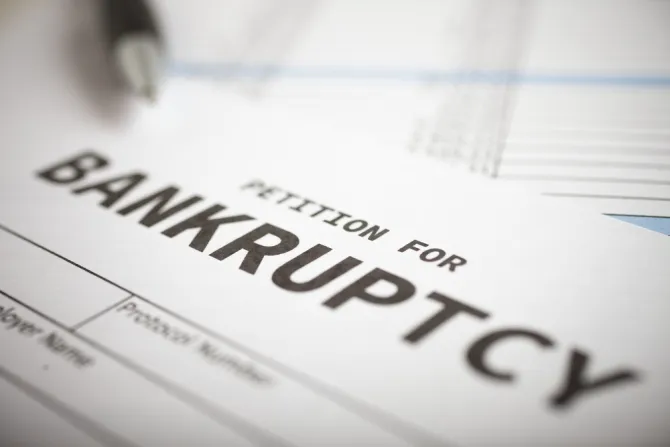In a significant move, the Diocese of Burlington has filed for Chapter 11 bankruptcy.
This decision comes as part of their ongoing struggle to address a wave of sex abuse lawsuits—the largest and fourth since the clergy sex abuse scandal first erupted back in 2002.
A Heavy Heart and Sincere Apologies
Bishop John McDermott, in a heartfelt video statement released on Wednesday, expressed his deep sorrow over the decision to declare bankruptcy.
He stated, “While my heart is heavy with the decision to file Chapter 11 bankruptcy, such weight pales in comparison to the pain suffered by victims of abuse.”
The bishop took this opportunity to apologize to the victims of clergy abuse, acknowledging the horrific nature of this chapter in the Church’s history and the immeasurable harm it has caused.
He also empathized with survivors, recognizing that the decision to reorganize might be difficult for them.
“I know that the decision to file for reorganization may be challenging or even triggering for some survivors.
For that and for every aspect of dealing with the crimes of these clergy, I sincerely apologize,” McDermott added.
Legal Struggles and Historical Context
Currently, the diocese faces 31 lawsuits, some of which contain allegations that stretch back to the 1950s.
This surge in claims followed the repeal of the statute of limitations on civil claims by the state Legislature in 2019 and 2021.
The financial toll has been significant: previously, the diocese spent around $2 million settling its first nine cases in 2003, over $20 million for 29 more cases in 2010, and $6.75 million for 11 cases in 2013.
To cover these settlements, the diocese tapped into its unrestricted funds and liquidated various assets.
Notably, it sold its 32-acre Burlington Chancellery on Lake Champlain for $10 million in 2010 and its 26-acre Camp Holy Cross in Colchester for $4 million in 2012.
Safeguarding Local Parishes
Importantly, this bankruptcy filing will not impact individual parishes and organizations within the diocese.
Their assets remain protected in separate trusts—a strategy implemented by the diocese in 2006 to ensure that local community funding for religious and educational purposes wouldn’t be redirected towards legal settlements.
A Path Forward
In his statement and accompanying affidavit, Bishop McDermott explained that Chapter 11 bankruptcy is the only viable route for the diocese to fairly compensate victims of abuse, both current and future.
He emphasized that the diocese is operating with limited funds, depleted assets, and no insurance coverage.
“Through Chapter 11 reorganization, funds will be allocated among all those who have claims against the diocese while hopefully allowing the diocese to maintain its essential mission and ministries,” he stated.
McDermott also highlighted ongoing efforts to tackle the scandal and prevent future abuse.
The diocese has appointed a victims assistance coordinator and established safe environment programs.
In 2019, it released a list of 40 credibly accused priests, detailing their assignments and statuses.
All accused clergy have been removed from their duties, with 30 of them now deceased.
“Due to the diocese’s efforts since 2002, there has only been one credible and substantiated claim of abuse,” he noted in his affidavit, assuring that no current clergy members are facing allegations of sexual abuse.
Looking Ahead
As the Diocese of Burlington navigates this challenging chapter, the focus remains on compensating victims while striving to uphold its mission and support the community.
The road ahead is fraught with difficulties, but there is a determination to make meaningful changes and prevent further harm.
